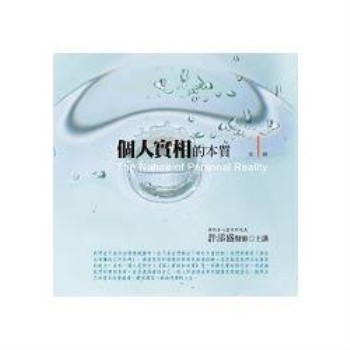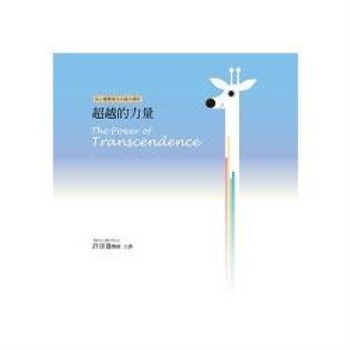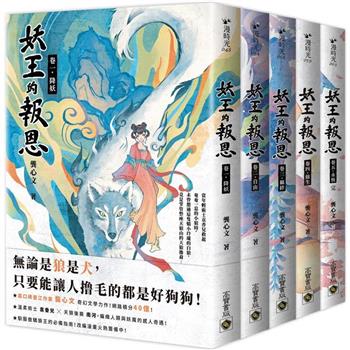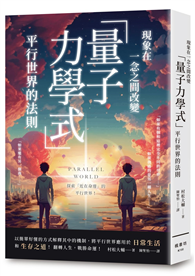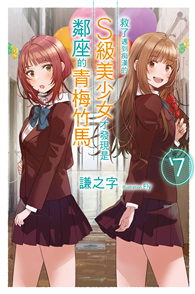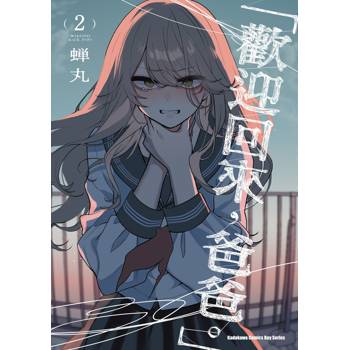| FindBook |
有 1 項符合
Temporality, Genre and Experience in the Age of Shakespeare的圖書 |
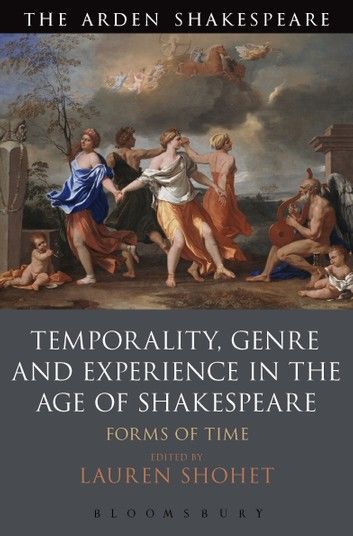 |
Temporality, Genre and Experience in the Age of Shakespeare 出版社:Bloomsbury Publishing 出版日期:2018-02-22 語言:英文 |
| 圖書館借閱 |
| 國家圖書館 | 全國圖書書目資訊網 | 國立公共資訊圖書館 | 電子書服務平台 | MetaCat 跨館整合查詢 |
| 臺北市立圖書館 | 新北市立圖書館 | 基隆市公共圖書館 | 桃園市立圖書館 | 新竹縣公共圖書館 |
| 苗栗縣立圖書館 | 臺中市立圖書館 | 彰化縣公共圖書館 | 南投縣文化局 | 雲林縣公共圖書館 |
| 嘉義縣圖書館 | 臺南市立圖書館 | 高雄市立圖書館 | 屏東縣公共圖書館 | 宜蘭縣公共圖書館 |
| 花蓮縣文化局 | 臺東縣文化處 |
|
|
圖書介紹 - 資料來源:樂天KOBO 評分:
圖書名稱:Temporality, Genre and Experience in the Age of Shakespeare
Focusing on Shakespeare and his contemporaries, these original essays by leading scholars explore how theatrical, aesthetic, and linguistic forms engage early modern experiences of temporality.
Encompassing comedy, tragedy, history, and romance, some contributions consider how different models of pastness, presentness, sequentiality, memory, and historical meaning underwrite particular representational practices. Others, conversely, investigate how aesthetic forms afforded diverse ways for early-modern people to understand or experience time - and how this can impact us today.
|

